
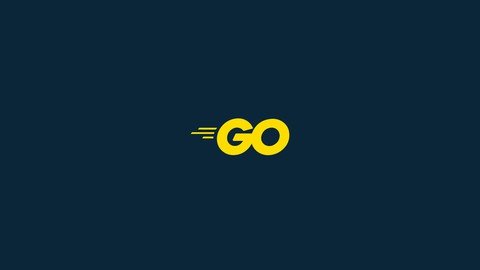
Published 1/2024
MP4 | Video: h264, 1920×1080 | Audio: AAC, 44.1 KHz
Language: English | Size: 1.12 GB | Duration: 6h 1m
Unleash the Power of Simplicity and Efficiency in Your Coding Odyssey
What you’ll learn
Learn the fundamentals of the Go programming language
Learn how to effectively use Go’s standard library
Learn the fundamentals of creating User-defined types
Learn to correctly structure Go applications
Requirements
No previous programming experience necessary. As long as you know how to use a computer you are ready.
Description
Embark on a transformative journey into the world of programming with "Go Essentials: A Beginner’s Journey into Programming." This comprehensive course is tailored for beginners, providing a thorough introduction to the Go programming languagean efficient and powerful language known for its simplicity and scalability.Whether you’re a novice programmer or someone looking to add Go to your skill set, this course is designed to equip you with the essential knowledge and practical skills needed to navigate the programming landscape. Join us on this exciting journey, and let’s explore the limitless possibilities of Go programming together.Key Highlights:Foundations of Go Programming: Delve into the fundamentals of Go, including syntax, variables, and data types. Build a strong foundation that will serve as a launching pad for your programming endeavors.Unique Features of Go: Explore the distinctive features of Go, such as its strong concurrency model, simplicity, and efficiency. Understand how these features contribute to Go’s popularity in various application domains.Hands-On Coding Exercises: Engage in practical, hands-on coding exercises that reinforce your understanding of key concepts. Apply your knowledge to real-world scenarios and enhance your problem-solving skills.Building Practical Programs: Translate your theoretical knowledge into practical skills by working on programs that simulate real-world coding challenges. Gain confidence in your ability to create robust and functional applications.Guidance from Experienced Instructors: Benefit from the expertise of seasoned instructors who are dedicated to your success.
Overview
Section 1: Let’s Get Started
Lecture 1 Course Outline
Lecture 2 Installing Go
Lecture 3 Installing an IDE
Section 2: Go Basics
Lecture 4 Theory: Creating a Go Project
Lecture 5 Coding: Our First Go Program
Lecture 6 Theory: Working with command line arguments – Part #1
Lecture 7 Coding: Working with command line arguments – Part #1
Lecture 8 Theory: Working with command line arguments – Part #2
Lecture 9 Coding: Working with command line arguments – Part #2
Lecture 10 Theory: Working with variables
Lecture 11 Coding: Working with variables
Lecture 12 Theory: The DRY Principle
Lecture 13 Coding: The DRY Principle
Lecture 14 Practice: Solving a coding interview question
Lecture 15 Self-Assessment: Knowledge Integration
Lecture 16 Self-Assessment: A Helpful Guide
Section 3: The Fundamentals of Functions
Lecture 17 Theory: Function Calls and the Stack Frame
Lecture 18 Coding: Functions and Why We Need Them
Lecture 19 Coding: Creating and Utilizing Functions
Lecture 20 Theory: Arguments and Parameters
Lecture 21 Coding: Functions and Data Structures
Lecture 22 Coding: Creating and Utilizing Deferred Functions
Lecture 23 Coding: A First Complete Program
Lecture 24 Self-Assessment: Knowledge Integration
Lecture 25 Self-Assessment: Hints
Section 4: Using Pointers to Mutate Data
Lecture 26 Theory: What is a Pointer
Lecture 27 Coding: Creating and Utilizing Pointers
Lecture 28 Theory: Call by Value and Call by Reference
Lecture 29 Coding: Pass by Value v Pass by Reference
Section 5: Creating New Data Types
Lecture 30 Theory: Types
Lecture 31 Coding: A Point type
Lecture 32 Coding: Building methods
Lecture 33 Coding: Pointers and Types
Lecture 34 Self-Assessment: Knowledge Integration
Lecture 35 Self-Assessment: Solution
Section 6: Packages
Lecture 36 Coding: Code Organization
Lecture 37 Coding: Creating a Package
Lecture 38 Self-Assessment: Circles all the way
Lecture 39 Self-Assessment: Solution
Section 7: Data Structures
Lecture 40 Coding: Introduction to Slices
Lecture 41 Coding: Making use of Slices
Lecture 42 Coding: Slices and Data Types
Lecture 43 Self-Assessment: Refactoring
Lecture 44 Self-Assessment: Solution
Lecture 45 Coding: Introduction to Maps
Lecture 46 Coding: Making use of Maps
Lecture 47 Coding: Maps and Data Types
Section 8: Flags
Lecture 48 Coding: Introduction to Command Line Flags
Lecture 49 Coding: Command Line Flags and User Defined Types
Section 9: Conclusion
Lecture 50 Congratulations
This course is ideal for aspiring programmers and tech enthusiasts seeking a comprehensive introduction to Go programming, with no prior experience in Go required.
rapidgator
https://rapidgator.net/file/cf1ee6bb791bfbac9b04975c4cf8b90d/WdFAcuxq__GoEssentia_MegaDDL.net.part1.rar.html
https://rapidgator.net/file/dac46b03ea17b3224a677bf7710e627a/WdFAcuxq__GoEssentia_MegaDDL.net.part2.rar.html
nitroflare
https://nitroflare.com/view/24002BF60D1AB80/WdFAcuxq__GoEssentia_MegaDDL.net.part1.rar
https://nitroflare.com/view/E1CC2542789DBDF/WdFAcuxq__GoEssentia_MegaDDL.net.part2.rar
ddownload
https://ddownload.com/0vvol3yu6mfp/WdFAcuxq__GoEssentia_MegaDDL.net.part1.rar
https://ddownload.com/7jzhzidwhugz/WdFAcuxq__GoEssentia_MegaDDL.net.part2.rar





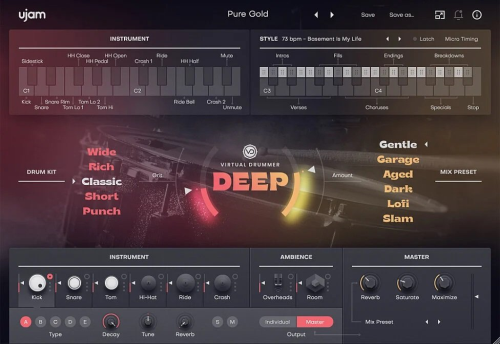


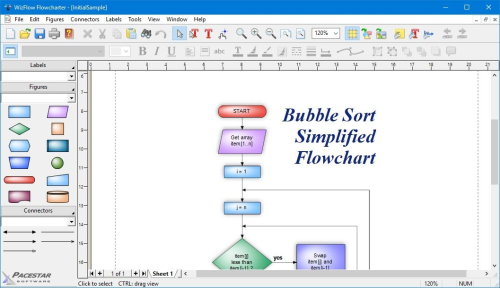
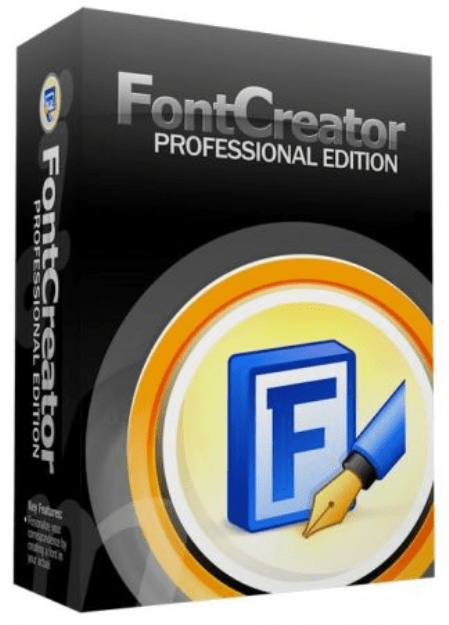
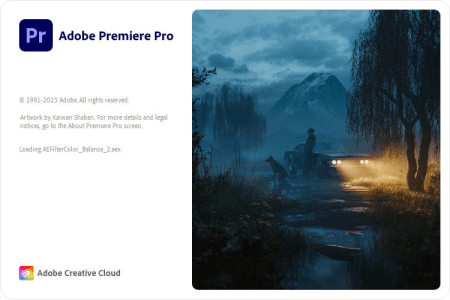


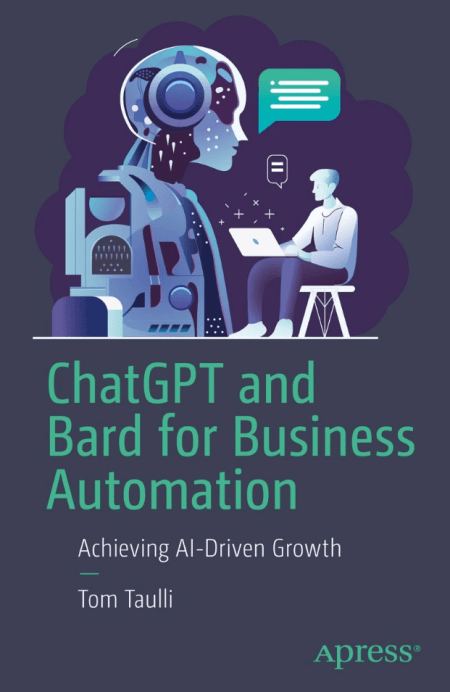
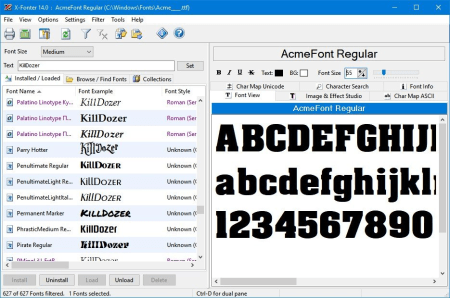

Join the Conversation!
or
to post a comment